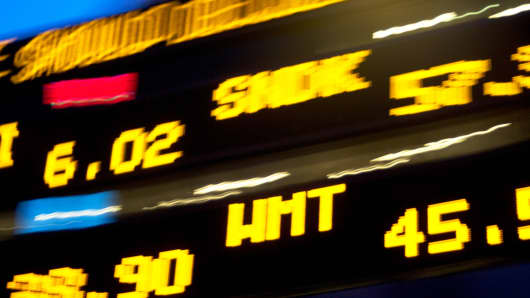National exchanges have experienced major technological innovations in the past 15 years. The rise of high-speed and automated markets have streamlined the dissemination of information and price discovery for equity investors. In removing human intervention at public exchanges, retail investors have seen their trading costs decline by at least 50 percent. Many market experts and retail advocates like Jack Bogle — founder of Vanguard and inventor of the first index mutual fund — have noted "Main Street is the great beneficiary" of this increasingly automated and transparent market.
To that end, Reg NMS was introduced in 2005 to oversee the evolving market structure and ensure the continuation of market automation and innovation. To further best practices for investors, Reg NMS enforced order protection status to best prices "represented by automated quotations that are immediately accessible." Essentially, public exchanges are required to provide the best available price for a security to an interested buyer or seller. To not give the best price would be an intentional obfuscation and added cost to investors. Specifically, Reg NMS states the definition of "immediate" as "the fastest response possible without any programmed delay."
This precise definition of "immediate" has come into question with the application of IEX to become a public exchange. Known in pop culture for its prominent feature as the protagonist in Michael Lewis' narrative "Flash Boys," IEX is seeking to become a public exchange that will implement an intentional — or programmed — 350 microsecond delay ("speedbump") for inbound and outbound information on specific trade orders. Under Rule 611 of Reg NMS, IEX would be entitled to receive all market orders when it is displaying the best price, even when that price is no longer available due to the total price reporting delay of 700 microseconds. This significantly increases the exposure of investors to such a delay. While there is no question that IEX is creating a programmed delay, the question the SEC is posing is if delays up to 1,000 microseconds are de minimis and not harmful to investors.






